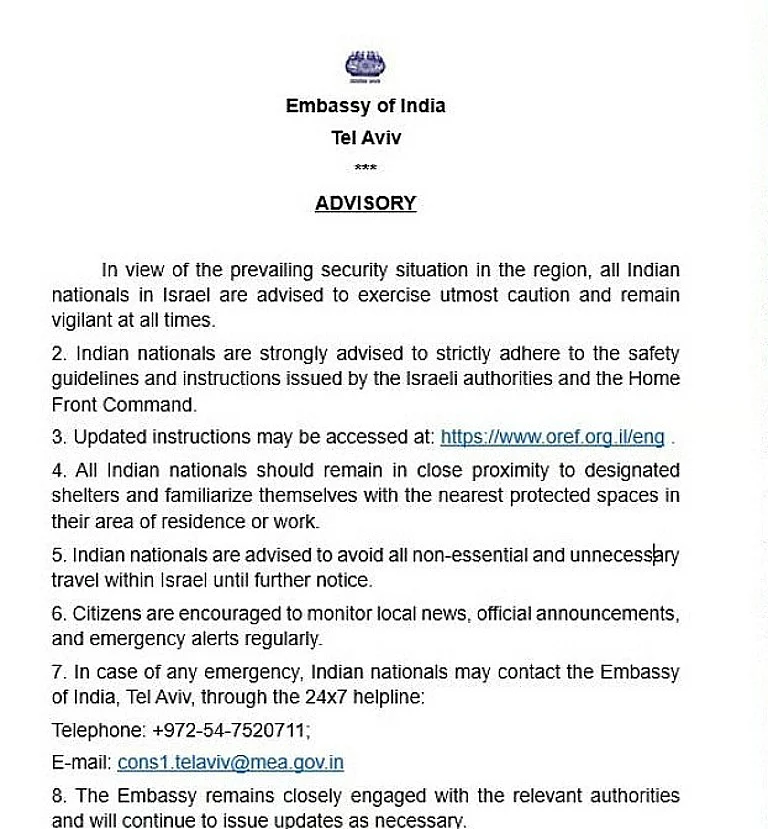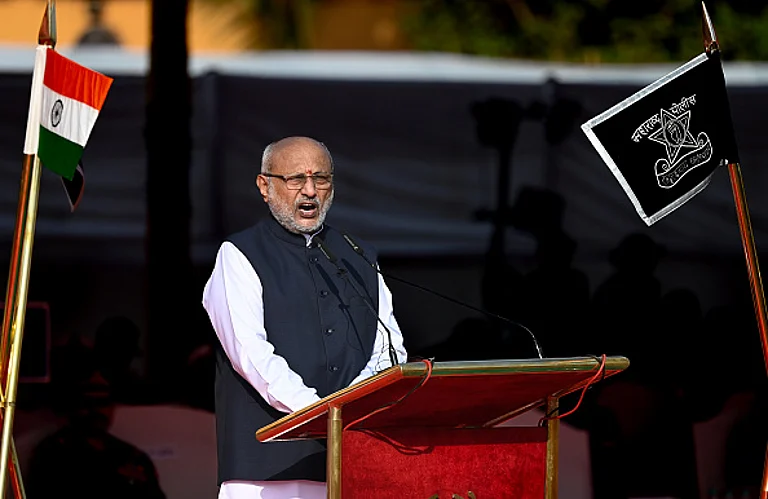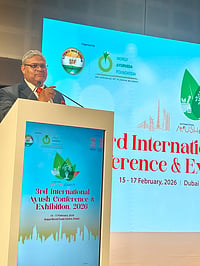The Financial Action Task Force (FATF) has just released its sixth targeted review on how the world is implementing global standards for virtual assets. It expressed concern over ongoing hurdles that jurisdictions are facing in tackling risks from offshore crypto players—particularly the difficulty many have in pinpointing the natural persons or legal entities behind those activities. FATF stands as the world's top intergovernmental body tasked with establishing standards to fight money laundering, terrorist financing, and proliferation financing (the funding of weapons of mass destruction). That's why its reports serve as vital guidance for countries everywhere.
Travel Rule Implementation Shows Mixed Progress
The Crypto Travel Rule requires virtual asset service providers (crypto players) like exchanges, custodial solutions, and financial service providers to identify and share the origins and destinations of crypto transactions above a specific threshold. The rule was established by the Financial Action Task Force (FATF) in 2019 and is intended to tackle money laundering and other illicit activities.
According to the report, 73% of jurisdictions have now enacted laws to bring the Travel Rule into play for crypto players, but actual enforcement is still very limited. Out of the 85 jurisdiction that have this legislation on the books, just 35 have followed through with any formal enforcement steps, highlighting a clear divide between getting policies in place and making them work in practice. FATF stressed that the rule's real impact hinges on steady enforcement worldwide, and to help out, they've put out a guide called "Best Practices in Travel Rule Supervision" for jurisdictions to assist jurisdictions in operationalizing their frameworks.
India’s Actions to Counter the Influence of Offshore Players
In March 2023, the Government of India designated crypto players as reporting entities under the Prevention of Money Laundering Act and issued a set of detailed guidelines. However, no offshore player had opted to register under the same. This was in clear contrast to domestic companies which went ahead and registered under the PMLA guidelines with FIU-India.
As there was no interest from offshore players, the Ministry of Finance took enforcement action in December 2023 wherein they sent notices to offshore exchanges and ultimately had to block 19 entities due to non-compliance. A few days back FIU-India took a similar action issuing non-compliance notices to 25 offshore crypto players. These include Singapore-based CoinW, UK-registered BTCC, Hong Kong's Changelly, and US-based Paxful. Other prominent exchanges facing notices include Cambodia's Huione Group, Curaçao-based BC. Game, and Seychelles-registered BitMex. At this stage, India’s proactive enforcement highlights the growing importance of global crypto oversight to manage risks from unregistered foreign crypto players.
Perils of Offshore Exchanges
The dangers of unregistered offshore or foreign players running their operations without following the laws of the land sets a dangerous precedent. It not only threatens to affect the financial security of the citizens but more importantly is affecting national security also. Therefore, it is becoming increasingly necessary that a comprehensive plan should be devised by Government of India that either forces them to comply to the laws of the land or to shut shop and cease their operations in India.
Other countries across the globe are also taking actions against this menace. Some like India are blocking such exchanges while others have even taken criminal action against such players. Many countries now require foreign players to physically register in their jurisdiction. Another method being followed by countries is to reduce the taxation requirement for domestic exchanges while increasing tax on foreign crypto players.
Way Ahead
The FATF targeted reports are milestones for the global ecosystem to both appreciate the progress made while reminding everyone of the shortcomings that still exist. India’s enforcement actions have also been recognized by global bodies in the past. However, in the wake of such rapid technological changes, Government of India should work towards finding a solution that is more real time and speedier. Along with such necessary enforcement action, the government should also study global approaches and implement them in India. Without a comprehensive plan to tackle the issue of unregistered foreign crypto players, we are risking the wealth of our citizens.

























